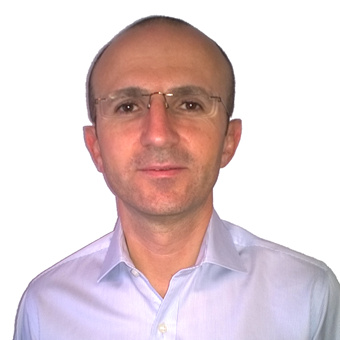Refugee mental health issues
The world has more people fleeing war, violence, and persecution than ever before, and mental health problems for those fleeing is widespread. Research shows that refugees and migrants do not get access to the help they need due to barriers linked to language, stigma around mental illness, lack of access to effective tools for assessment and treatment, and aggravating circumstances within the healthcare system.
Purpose of SAHA
SAHA aims to develop and evaluate digital interventions for the assessment and treatment of refugees and migrants who speak Arabic or Dari/Farsi. The project is a collaboration between Linköping University, Karolinska Institute and Mid Sweden University - three Swedish Universities with high competence in refugee health, culturally adapted interventions, and internet-based treatment for mental illness. The project group is culturally and linguistically diverse and includes representation from the target group. Part of the project is also to investigate the possibilities for dissemination of research in regular care and what obstacles exist for this to become a reality.
Digital assessment and treatment
Researchers from Mid Sweden University have developed a culturally adapted assessment procedure for mental health problems in refugees and the results have been published in BMC Psychiatry early 2023 (Meurling et al. 2023). Treatment programs for mental illness in Arabic and Dari/Farsi have also been developed. These are based on digital treatment material that has been used in extensive research studies at Linköping University and has also previously been used in languages other than Swedish. The material has been translated and culturally adapted to the target group by researchers at Karolinska Institute. The project also includes a collaboration with Stockholm University and a translation of the conflict management program iKOMET.
Treatment studies
A first pilot study in Dari/Farsi was conducted in 2021 and the results were published in Internet Interventions the following year (Lindegaard et al. 2022). Another pilot study, this time for Arabic-speaking refugees, has also been conducted and the results have been submitted for publication. A second study in Dari/Farsi, with adjustments in content and structure based on lessons learned from the first pilot study on the target group, started in the spring of 2023 with the recruitment of participants from all over the world, including Sweden. An additional study on Arabic-speaking refugees and migrants will also be carried out during the year.







